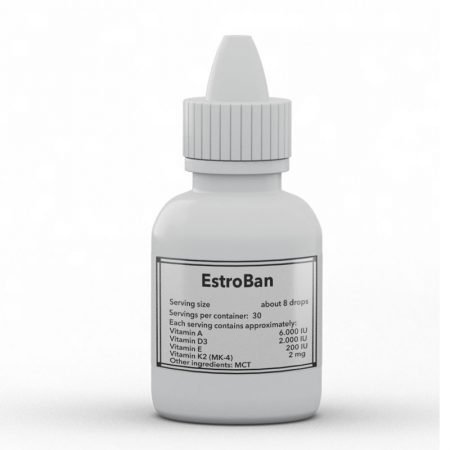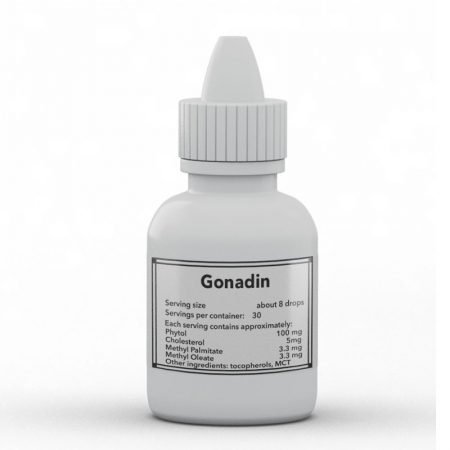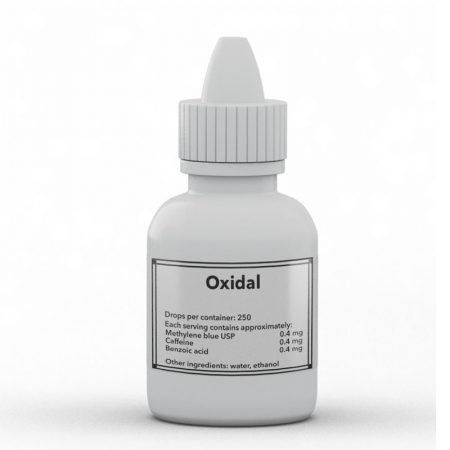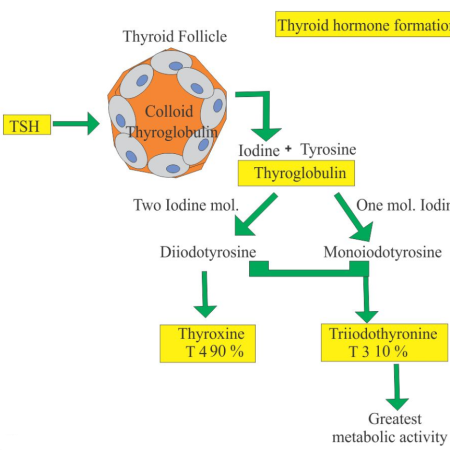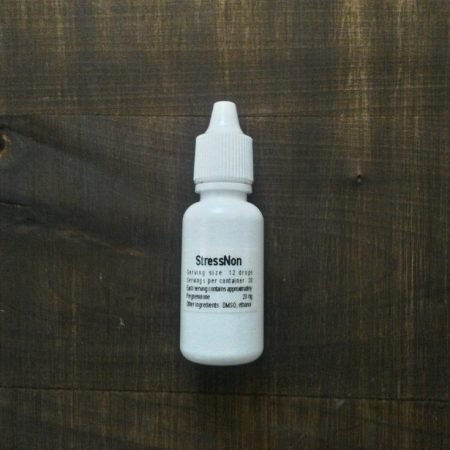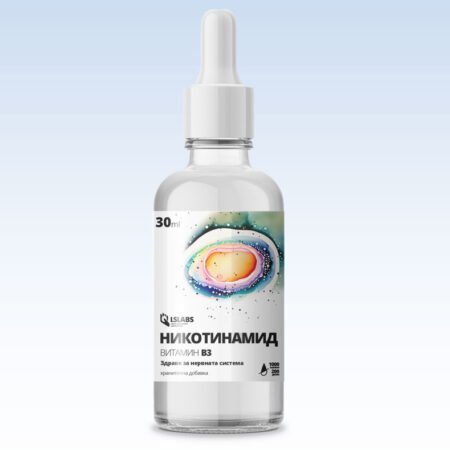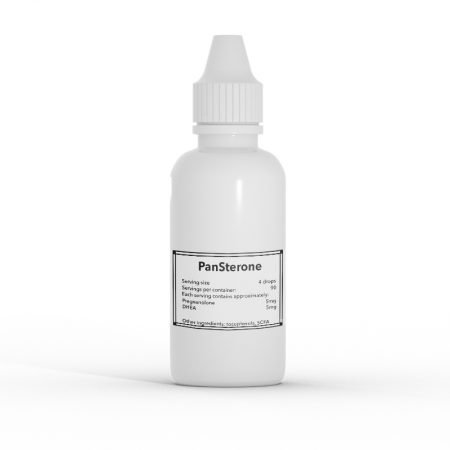Публикувал съм няколко теми относно ролята на стреса като основна причина за депресия и други психични разстройства. Официално, психиатрията твърди, че околната среда не може да бъде директна причина за депресия. Тя обяснява състоянието като “сложна” комбинация от генетични предразположения, вероятно “подпомогнати” от околната среда. Все пак, във всеки опит с животни, имащ за цел изучаване на депресията, протоколи като chronic unpredictable mild stress (CUMS) и chronic social defeat (CSD) се използват като единствени и директни причини за депресията при животните. Никъде не се среща и дума за гените в тези опити с животни. Медицината отхвърля CUMS и CSD като твърде “сложни” по природа, отричайки възможността за обвързаност с единичен фактор като стероид. Гените отново се призовават, а основната тема продължава да бъде липсата на доказателства, които сочат стреса като основна причина за депресия. Е, вече не. Изследването по-долу премахва CUMS/CSD и вместо да подлага животните на стрес ги прави депресирани, като им прилага кортизол директно. Още по-шокиращо, дозата на приложения кортизол е физиологична – едва 1 мг/кг дневно. За сравнение, при тежък стрес човек може да произведе ендогенно 500 мг+ дневно.
https://science.sciencemag.org/content/364/6436/eaat8078
“…We began by testing whether the induction of depression-related behavior in chronic stress models is associated with targeted effects on specific dendritic spine populations. To this end, we imaged the PFC through a prism (13, 16) chronically implanted in the contralateral hemisphere (Fig. 1A). Using two-photon (2P) laser-scanning microscopy, we obtained high-resolution images of the apical dendrites of yellow fluorescent protein (YFP)–expressing projection neurons in the medial PFC (mPFC) [in Thy1/YFP-H mice (Jackson Labs)] before and after 21 days of exposure to corticosterone (CORT) (0.10 mg/ml in the drinking water) (21), the principal murine stress hormone (Fig. 1A). CORT is a critical mediator of chronic stress effects on behavior, and chronic CORT treatment recapitulates important aspects of the neuroendocrine response to chronic stress (21–26).”
“…So Liston and a team of scientists from the U.S. and Japan gave mice a stress hormone that caused them to act depressed. For example, the animals lost interest in favorite activities like eating sugar and exploring a maze. Then the team used a special laser microscope to study the animals’ brains. The researchers were looking for changes to synapses. “Stress is associated with a loss of synapses in this region of the brain that we think is important in depression,” Liston says. And sure enough, the stressed-out mice lost a lot of synapses. Next, the scientists gave the animals a dose of ketamine. And Liston says that’s when they noticed something surprising. “Ketamine was actually restoring many of the exact same synapses in their exact same configuration that existed before the animal was exposed to chronic stress,” he says. In other words, the drug seemed to be repairing brain circuits that had been damaged by stress.”
Moreover, the study exposes another fraudulent meme commonly propagated by doctors – i.e. that steroids are not effective when administered orally – by causing depression through administration of cortisol in the drinking water. The study also suggests that the rapid antidepressant effects of the recently approved ketamine are likely due to being a functional or maybe even direct glucocorticoid antagonist. This is a mechanism of action for ketamine I have never heard discussed officially, possibly because it may undermine steroid sales and widespread use in hospitals. Instead, we are being fed the usual crap of ketamine having a “complex” mechanism of action that is mostly unknown at this point.
https://www.sciencedirect.com/science/article/pii/S0166432818314451)
And if all the above damning findings were not enough, there is evidence that ketamine also acts against another major mediator of stress – serotonin. The very chemical that we have been told for decades is a “cure” for depression, a “happiness hormone” that tens of millions of people in the US alone are prescribed for life in the form of toxic serotonergic (SSRI) drugs.
https://www.researchgate.net/publication/22985524_Possible_role_of_brain_serotonin_in_the_central_effects_of_ketamine
Източник:
- Рей Пиет за витамин Б1 тиамин
- Мозъкът може да бъде съживен часове след смъртта, дори отделно от тялото
- Излагането на флуоресцентна светлина предизвиква хронични възпаления
- Всички стомашни бактерии са опастни, техният ендотоксин предизвиква рак на черния дроб. Антибиотиците могат да бъдат от полза
- Фертилността зависи от метаболизма(ATP), а не от възрастта

